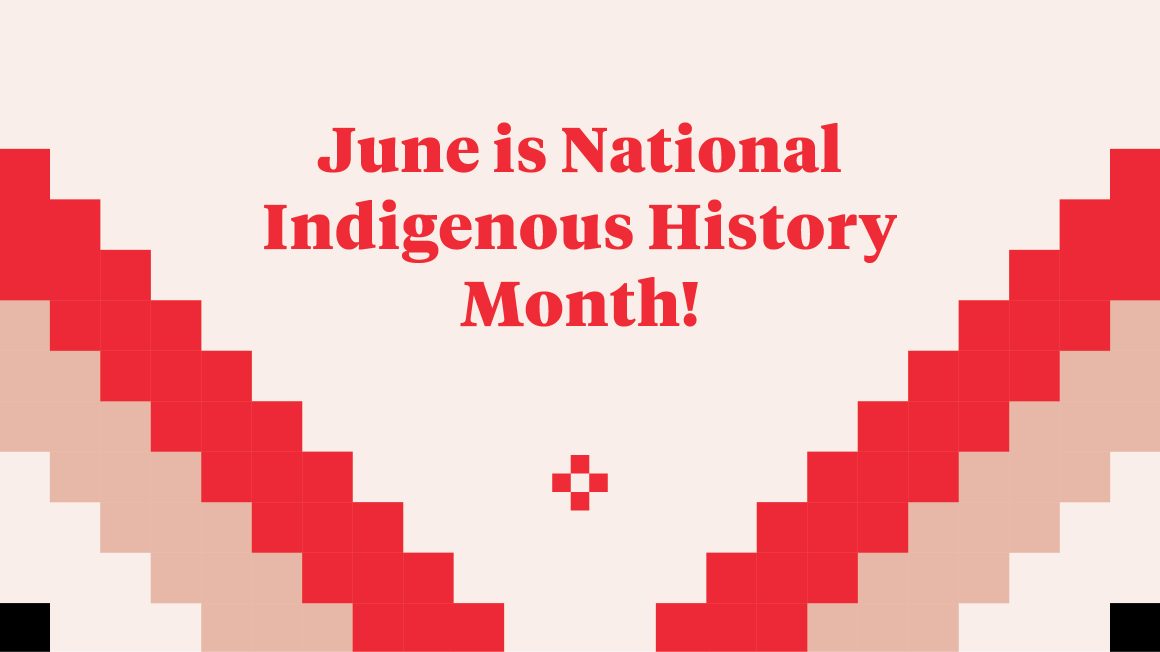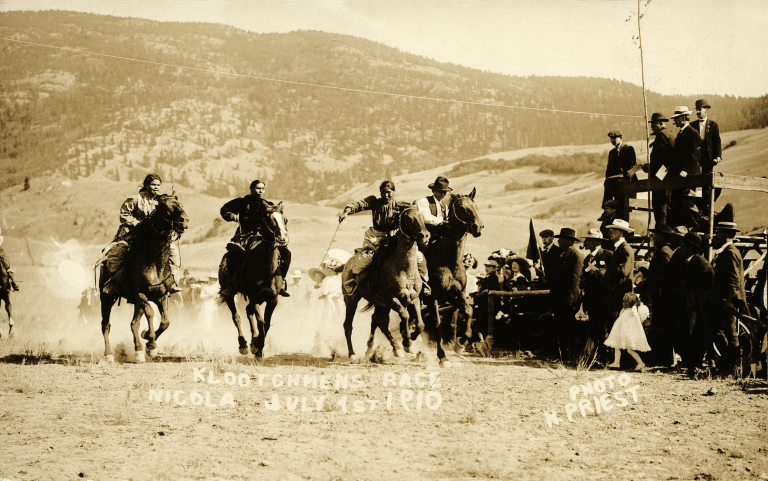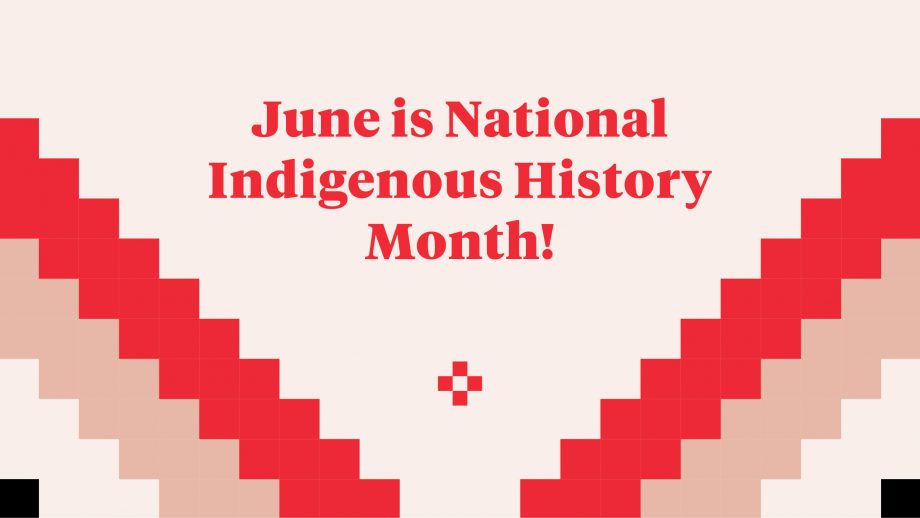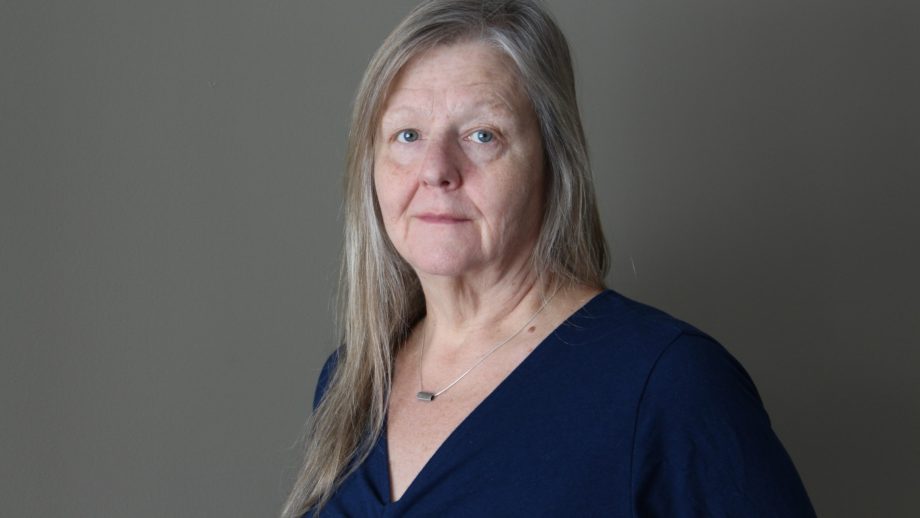The University of Winnipeg is proud to recognize and celebrate National Indigenous History Month in June.
UWinnipeg is located on ancestral lands, on Treaty One Territory. These lands are the heartland of the Métis people. We acknowledge that our water is sourced from Shoal Lake 40 First Nation. The University is committed to the ongoing work of ensuring Indigenous knowledge and perspectives are honoured, and we appreciate our role in reconciliation.
This month is an opportunity for the campus community to acknowledge, honour, and celebrate the history, culture, resilience, diversity, and significant contributions of First Nations, Métis, and Inuit peoples.
Over the last year, the University has implemented several important changes to its campus and programming.
As a reminder of UWinnipeg’s commitment to advancing reconciliation, the University permanently installed the Treaty One and Métis flags on campus.
In the 2022 Fall Term, UWinnipeg officially launched several new Indigenous language certificates – Indigenous Language Revitalization, Teaching Indigenous Languages for Vitality, and Supporting Multilingualism and Indigenous Languages. These certificates complement the Bachelor of Arts in Indigenous Languages major that launched in 2021.
This spring, UWinnipeg joined Manitoba’s five other universities, three colleges, and the Manitoba School Boards Association to collectively reaffirm their commitment to making Indigenous education a priority in Manitoba. A re-signing ceremony for the Manitoba Collaborative Indigenous Education Blueprint was held at RRC Polytech’s Roundhouse Auditorium, Manitou a bi Bii daziigae.
The University has also increased Indigenous Course Requirement (ICR) courses from 70 in 2021-22 to 84 in 2022-23, which has resulted in an additional 1,300 students completing the ICR component of their studies. In total, 6,311 students have completed the ICR component, up from 4,999 the previous year.
UWinnipeg was one of the first universities to mandate that all students are required to have a baseline knowledge about Indigenous peoples and culture. Approved in November 2015, the ICR was implemented beginning in the fall of 2016.
Last month, UWinnipeg announced the appointment of Dr. Chantal Fiola as Interim Associate Vice-President, Indigenous.
Dr. Fiola, who is Michif (Red River Métis), a registered citizen of the Manitoba Métis Federation (MMF), and a founding member of the Two-Spirit Michif Local of the MMF, joined the University with an Assistant Professor tenure track appointment in 2016 in the Department of Urban and Inner-City Studies. She was granted tenure and promoted to Associate Professor in 2021, and was also named UWinnipeg’s Distinguished Indigenous Scholar’s Chair in 2021(-2024).
As Canada continues on its important path of reconciliation, education remains vital. Members of the UWinnipeg community can support the education of ourselves and others with resources such as:
- Truth and Reconciliation Commission’s 94 Calls to Action
- Reclaiming Power and Place: The Final Report of the National Inquiry into Missing and Murdered Indigenous Women and Girls.
- United Nations Declaration on the Rights of Indigenous People
- UNESCO Upcoming Decade of Indigenous Languages (2022-2032) to focus on Indigenous language users’ human rights.
- The Aboriginal Justice Inquiry, which was established in response to the deaths of JJ Harper and Helen Betty Osborne. On campus, the Helen Betty Osborne Building is named in remembrance of Helen Betty Osborne and many other Indigenous woman whose lives have been marked by violence.




